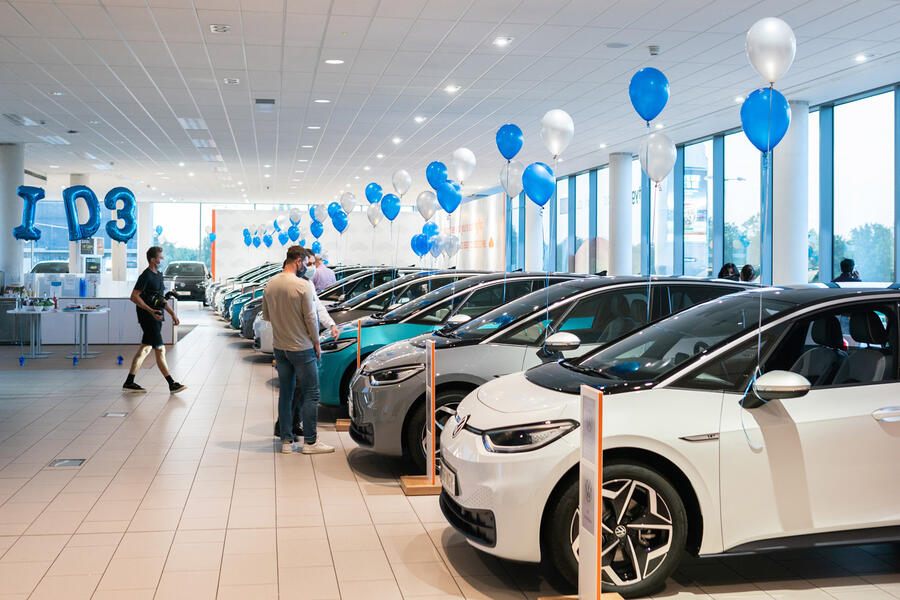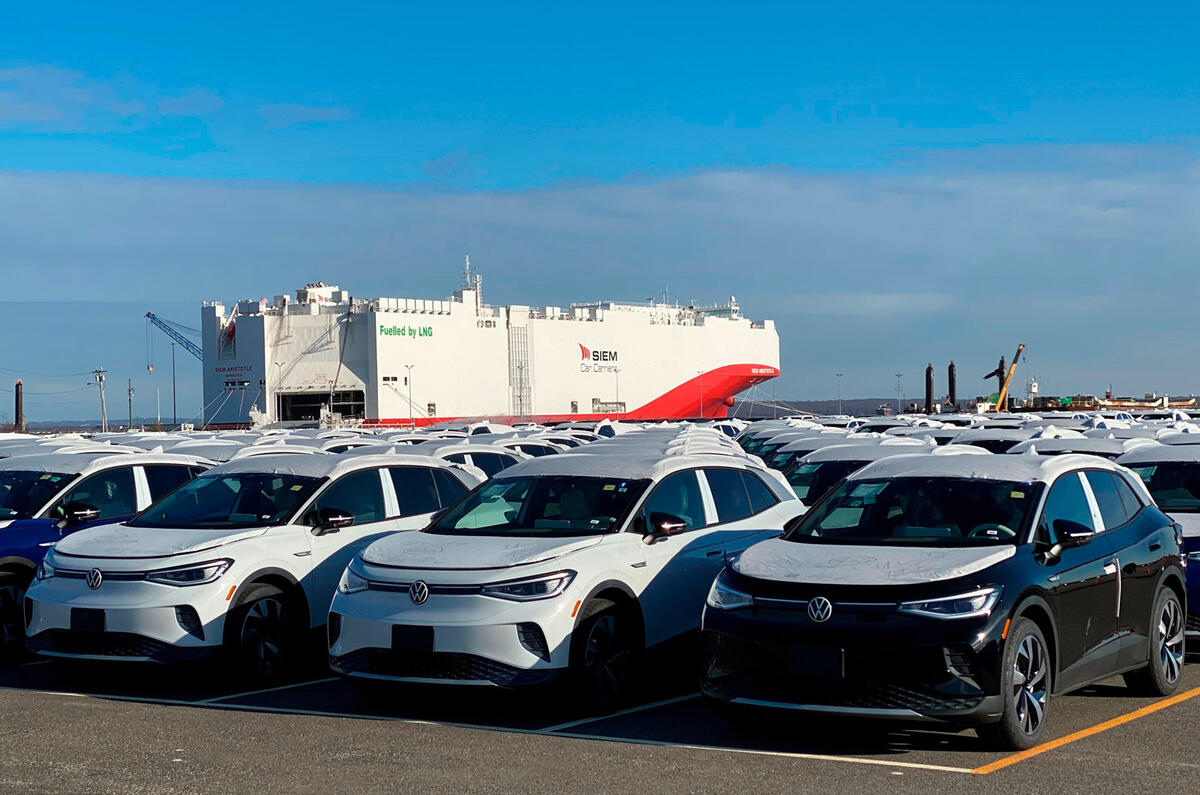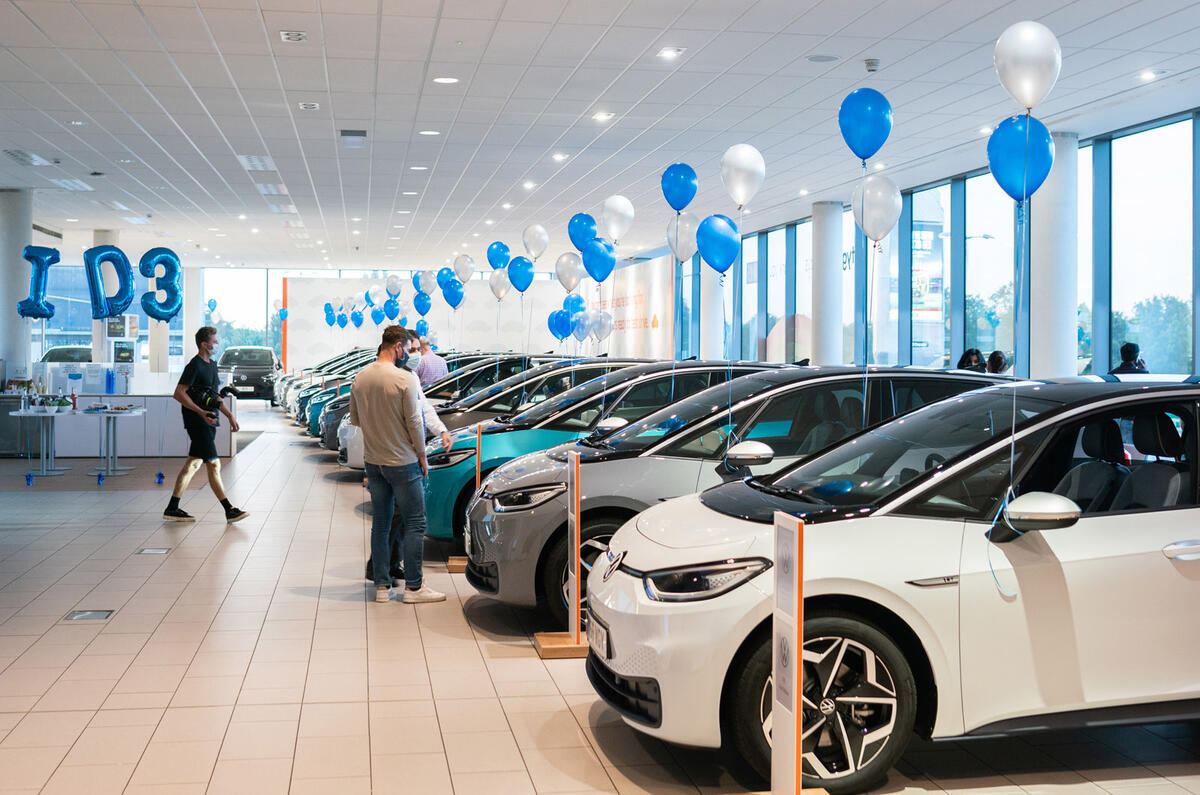Pre-registration is the car industry’s dirty little secret or the customer’s best friend, depending on your perspective. It relates to cars that have never been owned or driven by a member of the public but been registered to a dealer, broker or leasing firm and thus – on paper, at least – found a first owner.
The motivation for pre- registering cars is to hit a target, which in turn usually triggers a financial bonus, be it for the UK importer, the selling dealership group or the selling dealer. The car is then sold on, its value to the customer diminished by the clock ticking on its warranty and the fact that they will be its second registered keeper.
Canny buyers can get great deals on delivery-mileage cars as a result, but there are pitfalls: in the recent emissions law changes, it has been notable how many soon-to-be-non-compliant cars have slipped through on deadline, no longer a millstone round their manufacturers’ necks.
This is a system driven largely by the vicious circle of manufacturing over-capacity, with car makers pushing importers and dealers to hit ever-higher targets so as to keep factory lines running at frugal rates. This fixes an immediate problem by storing issues for later, as the cars must then be sold at lower margins. How many cars have been pre-registered in the UK has long been open to debate.

For a period, before Brexit, when consumer confidence was high and the euro-to- sterling exchange rate made the UK the market of choice for shifting over-stock, upwards of 30% of the UK’s 2.7 million ‘new car sales’ were rumoured to actually be pre-registrations.
Looking at lockdown figures, when supply has been tighter and factories idled, an estimate suggests that up to around 20% of registrations are still ‘pre-reg’ in normal times. Yet lockdown has made pre-registering largely unnecessary and importers have got chirpier (because head office can’t demand higher targets), while the margins and thus profits of the more front-footed dealers have swelled.
It’s a major reason why potential factory closures are in the news, but what seems an obvious fix comes with its challenges. Browse any used car classifieds or broker’s site today and you will find plenty of low- mileage electric cars, from Volkswagen ID 3s to Honda Es. Why so? For these cars, registration lays the golden egg of lowering marques’ fleet-average emissions (therefore avoiding fines and bad press) and freeing up allowances for them to sell higher-emitting cars.
For EVs, compliance is as vital as meeting customer expectations, and that’s another reason why pre- registration is here to stay.
READ MORE
Analysis: 2020 UK car sales hit 28-year low, EV market grows rapidly







Join the debate
Add your comment
It would have to be a great deal for 'canny buyers' as they wouldn't get the government £3000 off !
Don't take this article too seriously, it's little more that a surreptitious advertisement for VAG EV's.
There was an 'Analysis' article the other day about government support for charging networks, the photos were all of VW group products. Maybe nobody else makes electric vehicles yet.
Making cars lighter and steering customers away from SUVs, would help a lot to reduce emissions.